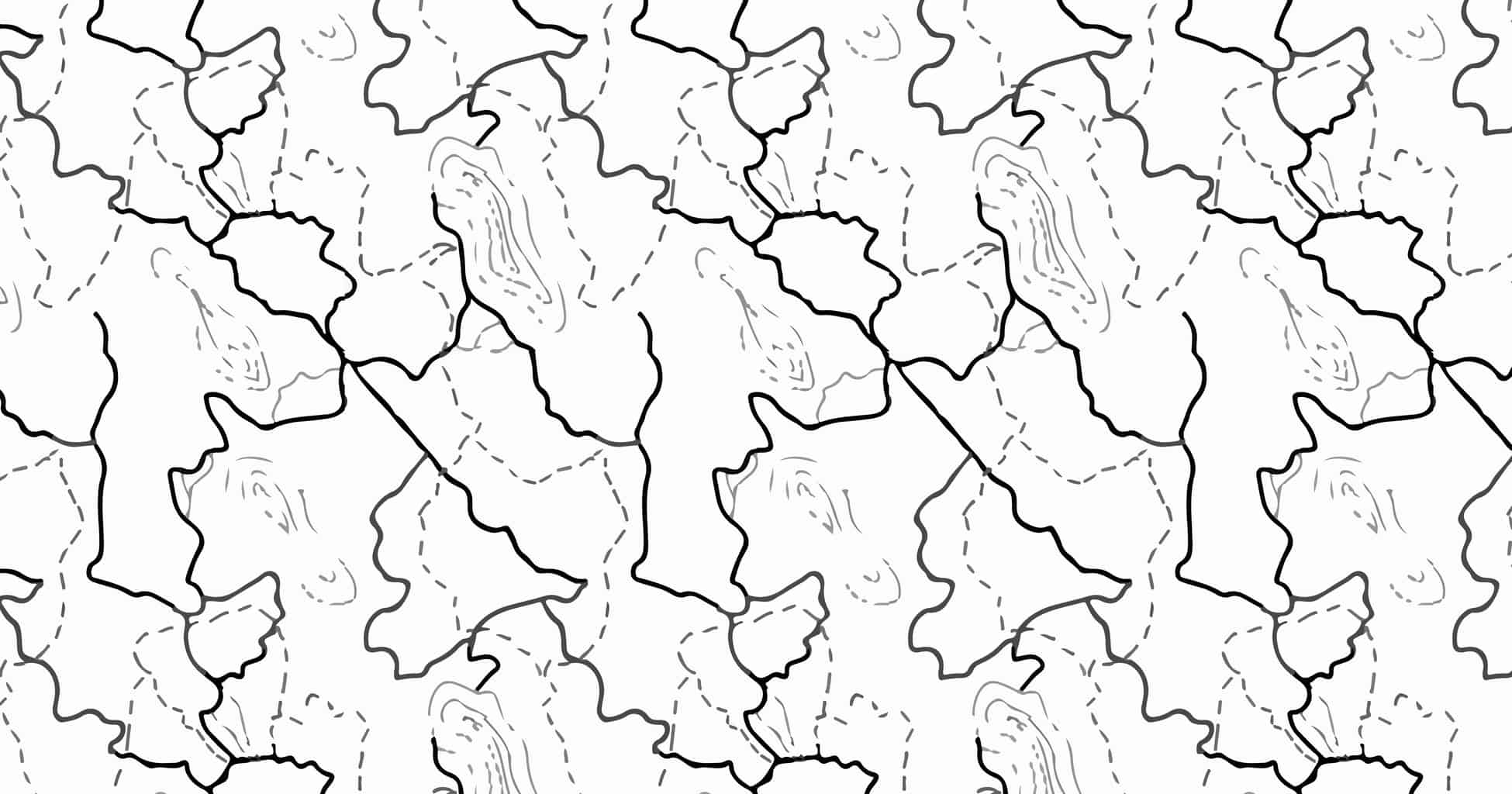Syria & Golan Heights
Syria & Golan Heights
Since 2011, Syria has been on the United Nations Security Council’s agenda, when President Assad’s aggressive actions against pro-democracy protesters during the Arab Spring became more frequent and increasingly violent, leading to civil war and terrorist violence within the country.
Insecurity is the primary concern for women, yet in spite of their limited operating environment, women activists have organized nonviolent protests, distributed and monitored humanitarian aid, documented human rights violations, created safe spaces for women and children, and worked at the local level to set up ceasefires, prisoner releases, and elections.
Based on the work of NGOWG members and their partners, the NGOWG advocates for ensuring women’s needs— such as secure access to sanitation facilities and hygiene, and health assistance— are adequately addressed, and that Syrian women are equally and meaningfully participating in the UN-facilitated political process and in the design and implementation of ceasefire monitoring mechanisms.
Golan Heights
Golan Heights, a disputed plateau in south-western Syria, is home to an equal number of Syrians and Jewish settlers, and since 1973, United Nations Disengagement Observer Force (UNDOF) peacekeepers have observed a contested territorial line between Israel and Golan Heights.
In the current Syrian conflict, Golan Heights has become a key strategic geopolitical position, causing an escalation in violence and increased violations of the ceasefire territorial agreements. Recent advances and attacks by the Islamic State of Iraq and the Levant (ISIL) have concerned residents of Golan Heights— particularly given ISIL’s systematic denial of women’s rights and perpetuation of violations against women.
Based on the work of NGOWG members and their partners, the NGOWG advocates for addressing the increasing gender imbalance in UNDOF by deploying a higher percentage of women, and inclusion of gender-specific language in the UNDOF mandate.
Current and Past Recommendations to the UN Security Council (Monthly Action Points)
In their statements at the upcoming briefing on Syrian refugees, the Council should call on national governments in countries receiving Syrian refugees to enforce the rule of law regarding the legal age of marriage and implement protective measures to prevent early and forced marriages. The Council must also urgently address the restrictions on humanitarian aid to refugees as the result of intensification of the conflict and ensure the provision of services for women refugees, including maternal and sexual and reproductive health services and trauma care. The meaningful participation of Syrian women and girls in the design and implementation of humanitarian aid strategies is critical to their effectiveness and responsiveness. In line with SCR 2122 (2013) and SCR 2242 (2015), the Council should call for gender-sensitive humanitarian assistance and increase coordination and consultation with civil society and HRDs.
Moving forward in implementing SCR 2254 (2015), the Council must ensure Syrian women’s meaningful participation in the UN-facilitated political process, endorsed by the Council. The corresponding report of the UN Secretary-General should outline specific steps to be taken to ensure women’s full inclusion in the process to ensure its effectiveness and sustainability.
In their statements at the upcoming briefing on Syrian refugees, the Council should call on national governments in countries receiving Syrian refugees to enforce the rule of law regarding the legal age of marriage and implement protective measures to prevent early and forced marriages. The Council must also urgently address the restrictions on humanitarian aid to refugees as the result of intensification of the conflict and ensure the provision of services for women refugees, including maternal and sexual and reproductive health services and trauma care. The meaningful participation of Syrian women and girls in the design and implementation of humanitarian aid strategies is critical to their effectiveness and responsiveness. In line with SCR 2122 (2013) and SCR 2242 (2015), the Council should call for gender-sensitive humanitarian assistance and increase coordination and consultation with civil society and HRDs.
Moving forward in implementing SCR 2254 (2015), the Council must ensure Syrian women’s meaningful participation in the UN-facilitated political process, endorsed by the Council. The corresponding report of the UN Secretary-General should outline specific steps to be taken to ensure women’s full inclusion in the process to ensure its effectiveness and sustainability.
Relevant Resources







